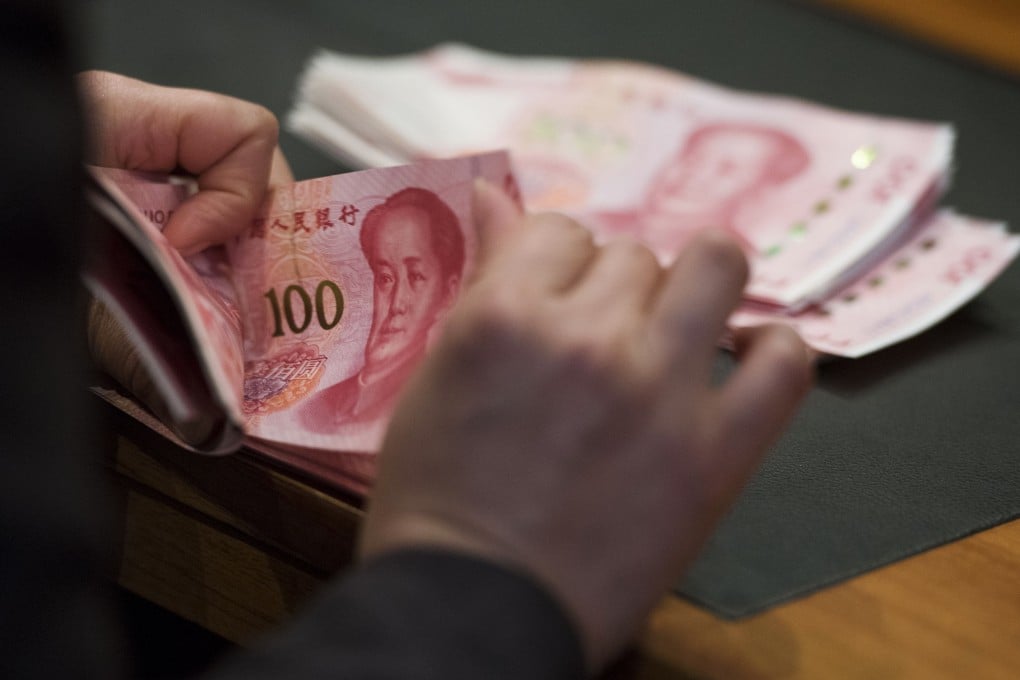Advertisement
Opinion | How the yuan can help Hong Kong outcompete Shenzhen
Allowing Hong Kong banks to offer Chinese onshore renminbi services would enable the city to leverage its economic freedom on a whole new level
Reading Time:4 minutes
Why you can trust SCMP
4

Hong Kong has long prided itself as “the Pearl of the Orient” and the most famous economic success story in southern China. Yet in reality, Hong Kong has lagged far behind its mainland neighbour Shenzhen in growth for the past three decades.
It should not have been this way – and there is a way for Hong Kong to catch up.
The Hong Kong government aims to develop the city into a “headquarters economy” by attracting businesses from around the world to come. A way to achieve this would be for monetary authorities in Beijing and Hong Kong to further allow Hong Kong banks to offer banking services in China’s domestic currency, the renminbi, so businesses headquartered in Hong Kong can borrow and deposit the renminbi for their operations on the mainland.
Advertisement
In 1993, Hong Kong’s gross domestic product (GDP) was more than 20 times that of Shenzhen. But by 2022, Shenzhen’s GDP had grown nearly 86 times and now exceeds Hong Kong’s. Hong Kong, by comparison, saw a mere 2.3-fold increase, according to World Bank statistics.
How did Shenzhen develop so rapidly? Shenzhen was designated a special economic zone in 1980. Deng Xiaoping, the Chinese paramount leader at the time, likened building it to a tough battle: “The central government has no money, but we can give you some policies. You can do it yourself and fight your way out.”
Advertisement
Shenzhen adopted policies that were the most business-friendly in China, including a corporate income tax rate of about 15 per cent. Its reform policies allowed the first and only foreign acquisition of control of a national bank in 2004, a fascinating story told in my book Money Machine. The city became a hotbed of entrepreneurship, a hub of innovation and home to Fortune Global 500 companies including Huawei, Tencent, Ping An Insurance Group and BYD.
Advertisement
Select Voice
Select Speed
1.00x
